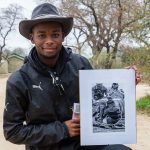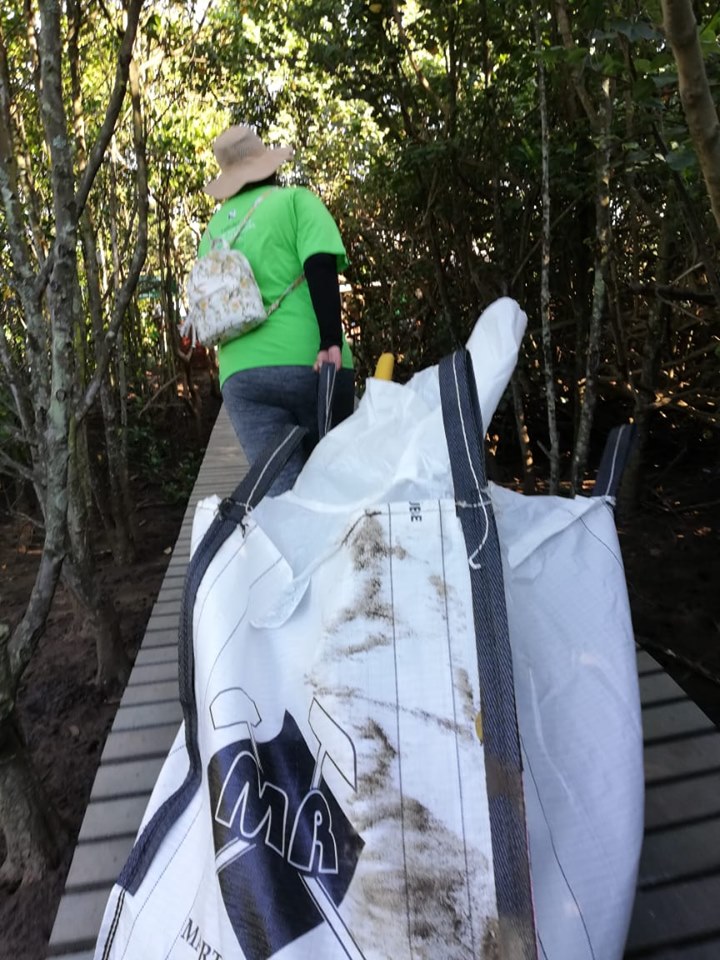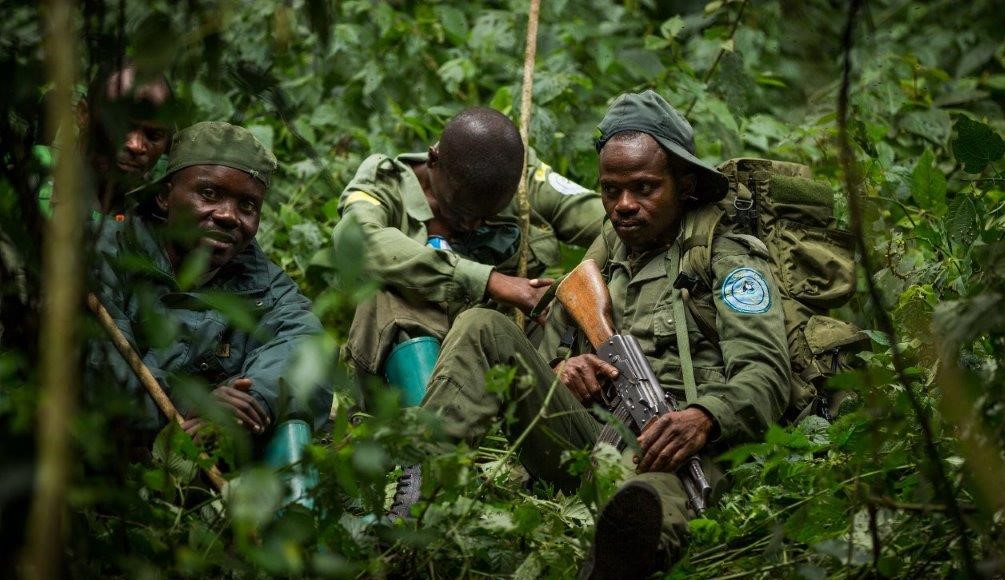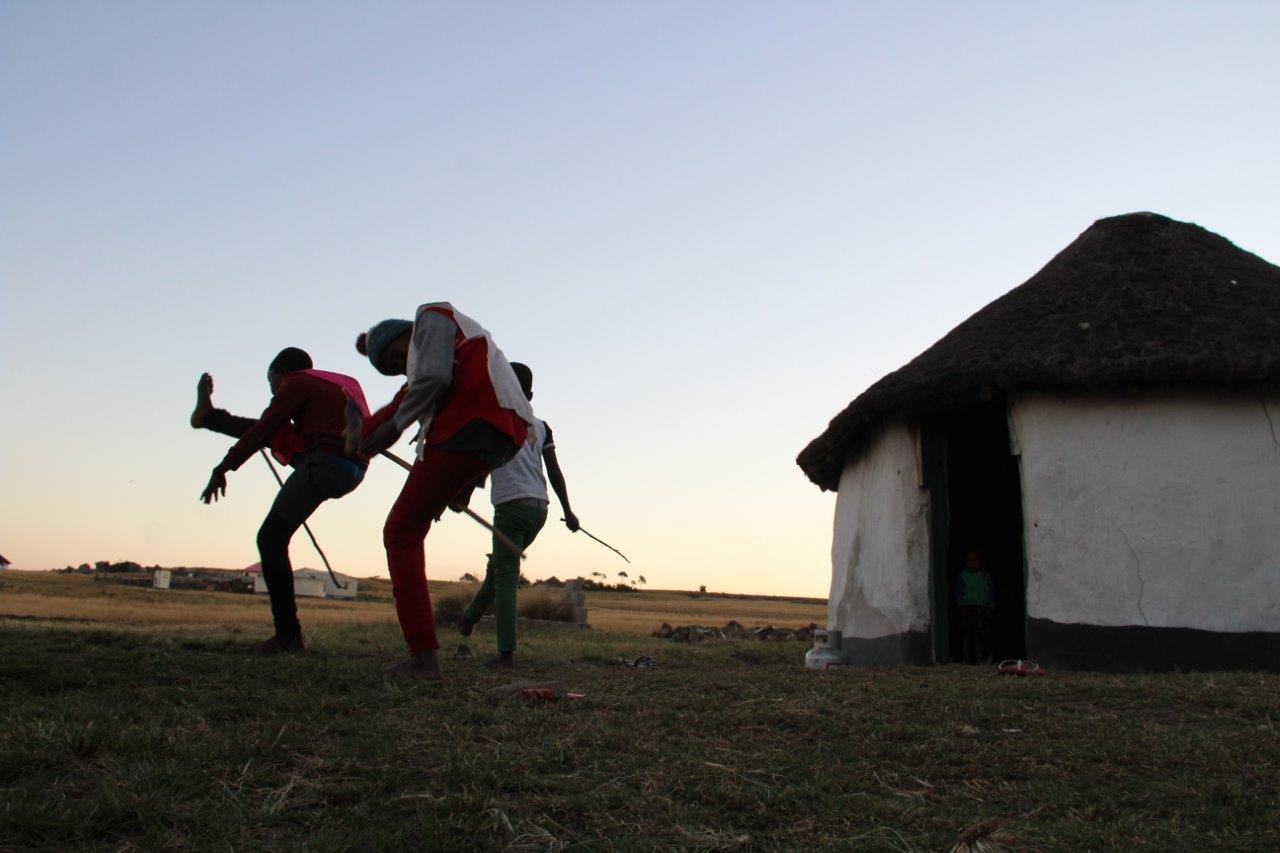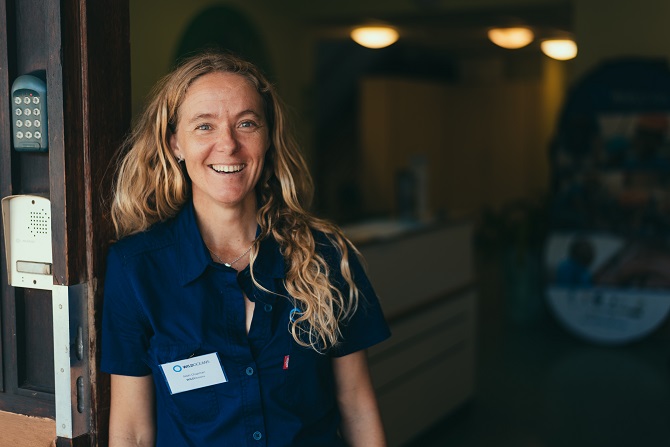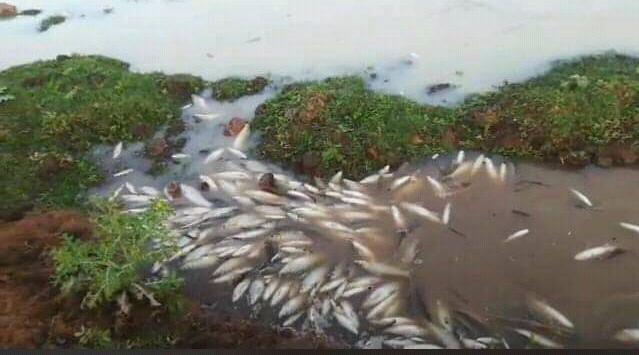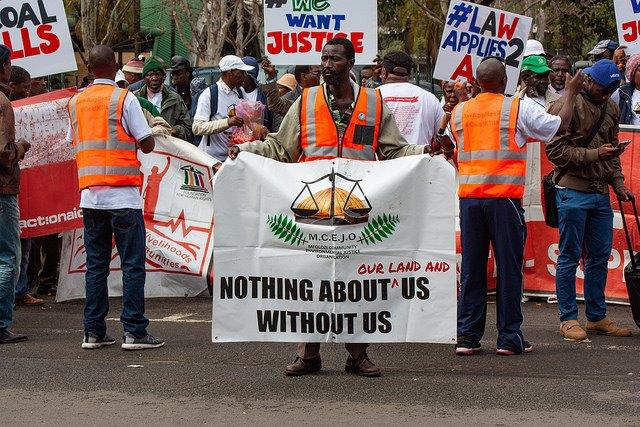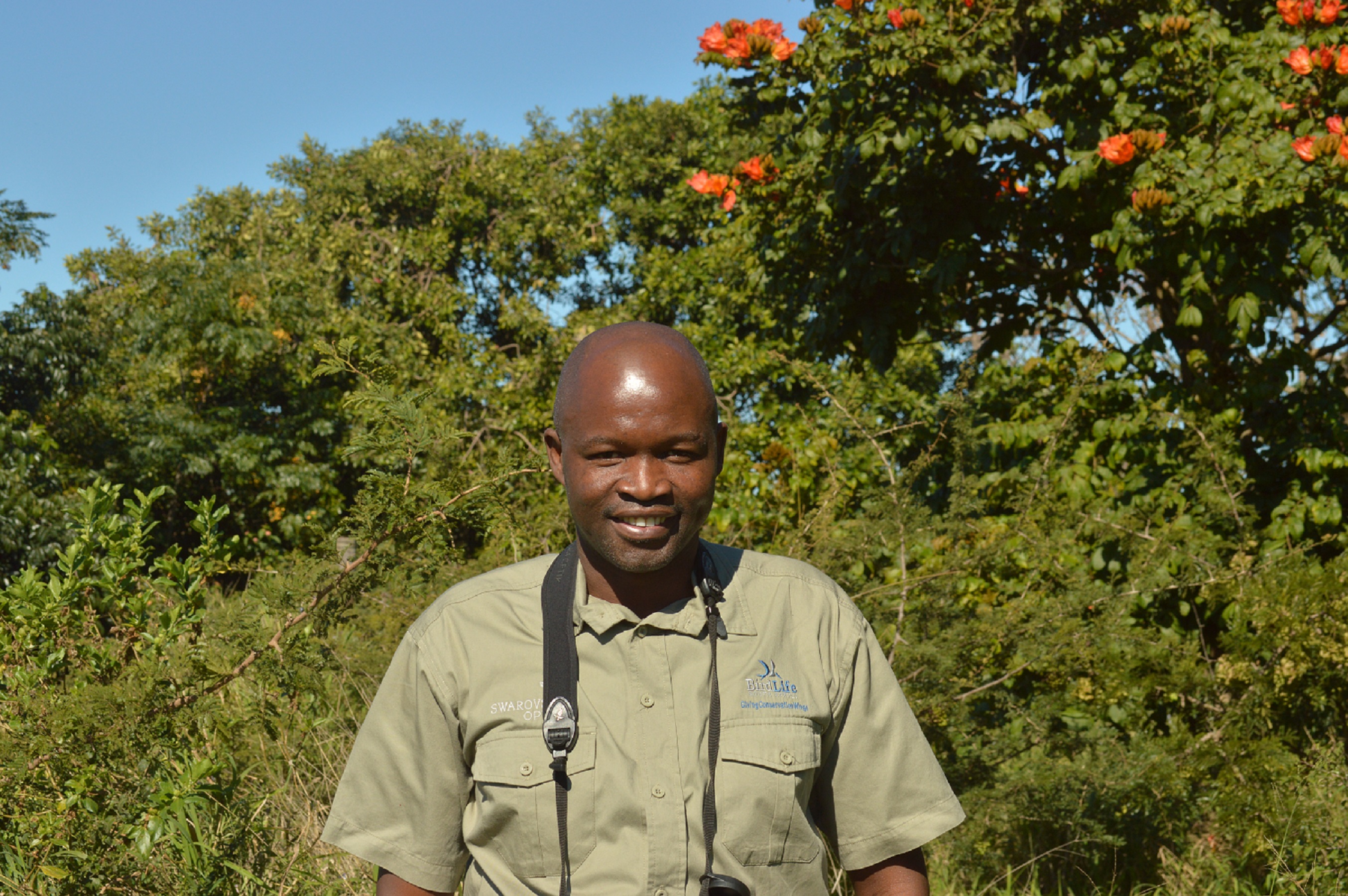Africa’s wildlife economy employs millions and offers opportunities for the young. Mlu Mdletshe and Fred Kockott report on a valuable educational initiative.
More than a dozen rural school pupils from KwaZulu-Natal and Eastern Cape have produced photo essays for the 2019 Wold Youth Wildlife Summit taking place in the Kruger National Park.
They have also learned that in Africa, 3.6 million people are employed in the wildlife economy. It creates 40% more full-time jobs than the same investment in agriculture.
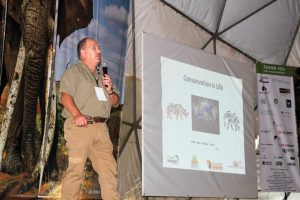
“It has twice the job creation power of the automotive, telecommunications and financial industries and provides more job opportunities for women compared to other sectors,” said 2019 World Youth Summit director, Francois du Toit, of Project Rhino.
Flipside
On the flipside, in the face of a growing threat from armed poachers and militia, more than 1000 rangers have lost their lives worldwide in the past 10 years.
But many countries do not report their ranger deaths, so the real figure could be much higher.
According to records kept by the International Ranger Federation and the Game Rangers Association of Africa, 54 African rangers have died since 31 July 2018.
“Just last year, 769 rhino and 72 elephants were poached in South Africa and often by sophisticated criminal syndicates,” said former association chairman, Chris Galliers, who is attending the four-day summit, led by 30 of Southern Africa’s most experienced conservationists. It is taking place at the Southern African Wildlife College in the Kruger National Park.
Brave
“The brave men and women working to protect these animals are under threat on a daily basis. They operate in extreme environments, and in their efforts to protect our natural heritage, face the risks associated with dangerous wild animals, sickness and community backlash,” said Galliers.
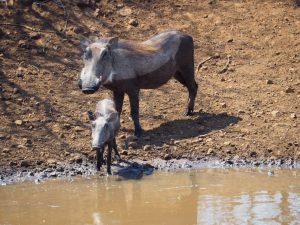
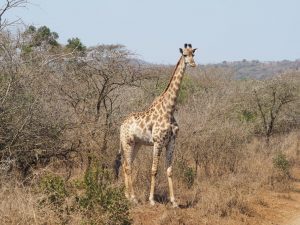
Before the summit, 20 youngsters from rural communities in KwaZulu-Natal and the Eastern Cape were selected to take took part in a National Geographic Photo Camp in the Hluhluwe-Imfolozi Game Park and other Project Rhino reserves, including Somkhanda and Manyoni. They learned skills from world class photographers while immersed in the wilderness.
“We came face to face with wild game and took photographs with meaning,” said 17-year-old Monique Keganediste from Nongoma, who is now among more than 200 youths at the summit.
Far and wide
They include students from the African Leadership University in Rwanda, the Serengeti region of Tanzania, San delegates from Namibia, representatives from eSwatini and Mozambique, a pupil from Eton College in England, as well as Taiwanese, Bangladeshi, Greek, Norwegian and Vietnamese delegates.
Presenters include respected South African wildlife vets Dr William Fowlds and Dr Johan Marais; Maria Diekmann, an African Pangolin specialist from Namibia; Ivan Carter from Zimbabwe, well-known for his wildlife TV series, Carter’s W.A.R; and Bupe Banda, head of Zambia’s National Community Resources Board.
Don English, head of the Kruger National Park’s Intensive Protection Zone section and the acclaimed all-women Black Mambas anti-poaching unit has also providing keen insight into critical issues contributing to the decimation of Big Five species, including human-wildlife conflict, habitat loss and the need for communities to benefit from the wildlife economy.
South Africa’s celebrity adventurers and explorers Sibusiso Vilane and Kingsley Holgate also joined the conservation sector’s big guns, as did 23-year-old Nadav Ossendryver, who founded the award-winning Kruger Sightings YouTube channel – a real-time wildlife spotting service that lets people post their own encounters with wildlife. Ossendryver was recently nominated as one of Africa’s future leaders on the Forbes Africa 30 Under 30 list.
Everest
Vilane started out as a game ranger before becoming one of South Africa’s most celebrated adventurers, best known for being the first African to summit Mount Everest and reach both the South and North Poles.
“I feel very strongly that young people should be engaged and involved in conservation and understand the poaching crisis and global wildlife crime issue, because it is their heritage that is being lost,” said Vilane.
Holgate, known as “the most travelled man in Africa”, told delegates he had seen the decimation of Africa’s wildlife first-hand.
“It is unacceptable that a rhino is still slaughtered every 9 hours and 20 000 elephants still fall to poachers’ guns every year,” said Holgate.
He said this year’s summit came at a time when, according to the International Union for Conservation of Nature, more than one million species on earth were facing extinction.
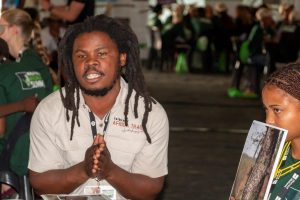
Still time
Du Toit believes it’s not too late to turn this tide by providing youth with the knowledge and tools they need to become “wild warriors” in their own communities.
“The wildlife economy provides us with an incredible growth opportunity that needs to be embraced by tomorrow’s leaders,” said Du Toit.
On the opening day of the summit, Du Toit and Holgate led the delegates to a sacred heap of stones (isivivane) where each delegate placed a pebble, brought from their respective countries, to pay honour fallen rangers and conservationists.
“This is a moment of silence, to think about why we’re all here,” said Holgate.
The ceremony touched the hearts of many, including Nunu Jobe (37) a former poacher turned wilderness trail guide who now has his own company, Isibindi Africa Trails.
Barefoot
Jobe grew up in Jozini, near the Mozambican border in South Africa. He said he had always loved the wild and feels most connected to the earth when walking barefoot on trails through the bush.
Jobe said he quit school at an early age to focus on hunting and poaching.
He said his peers him had pressured him into thinking that not hunting meant he was a lesser man.
“They’d mock me and call me names whenever I refused to go hunt with them. I eventually succumbed to that pressure,” said Jobe. “I later realised that what we were doing was very wrong. Africans used to live peacefully with wild animals. Killing them was simply about putting food on the table.”
Today, the illegal wildlife trade was the primary driving force of poaching, he said. – Roving Reporters
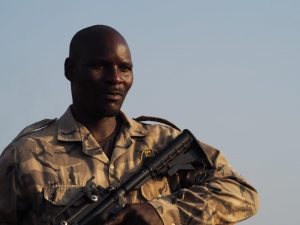
Dying to do their jobs
The number of game rangers killed in Africa this year had risen to more than 57 by end of the July this year. The Game Rangers Association of Africa (GRAA) began its database on recorded ranger deaths in 2012. Since then more than 351 ranger deaths have been reported. As many countries do not report their ranger deaths, the real figure could be much higher.
| Summary | Total |
| Homicide | 204 |
| Accidental Shooting | 4 |
| Animal | 29 |
| Vehicle Accident | 37 |
| Accident – Other | 9 |
| Illness | 33 |
| Drowned | 19 |
| Unknown | 16 |
| Total | 351 |
| Locations | Total |
| Algeria | 2 |
| Angola | 2 |
| Benin | 2 |
| Botswana | 1 |
| Burkina Faso | 5 |
| Burundi | 0 |
| Cameroon | 14 |
| Cape Verde | 1 |
| Central African Republic | 3 |
| Chad | 11 |
| Comoros | 0 |
| Congo-Brazzaville | 0 |
| DRC | 71 |
| Cote d’Ivoire | 15 |
| Djibouti | 0 |
| Egypt | 0 |
| Equatorial Guinea | 0 |
| Eritrea | 0 |
| Ethiopia | 1 |
| Gabon | 4 |
| Gambia | 0 |
| Ghana | 6 |
| Guinea | 1 |
| Guinea Bissau | 0 |
| Kenya | 45 |
| Lesotho | 0 |
| Liberia | 2 |
| Libya | 0 |
| Madagascar | 0 |
| Malawi | 7 |
| Mali | 11 |
| Mauritania | 0 |
| Mauritius | 0 |
| Morocco | 0 |
| Mozambique | 7 |
| Namibia | 11 |
| Niger | 1 |
| Nigeria | 17 |
| Rwanda | 2 |
| Senegal | 7 |
| Seychelles | 0 |
| Sierra Leone | 0 |
| Somalia | 0 |
| South Africa | 29 |
| South Sudan | 6 |
| Sudan | 0 |
| Swaziland | 1 |
| São Tomé and Príncipe | 0 |
| Tanzania | 18 |
| Togo | 0 |
| Tunisia | 1 |
| Uganda | 24 |
| Western Sahara | 0 |
| Zambia | 10 |
| Zimbabwe | 12 |
| Other | 1 |
| 351 |
- Mlu Mdletshe is enrolled on Roving Reporters training programme, Developing Environmental Watchdogs – an initiative supported by the Human Elephant Foundation and Grindrod Bank.


